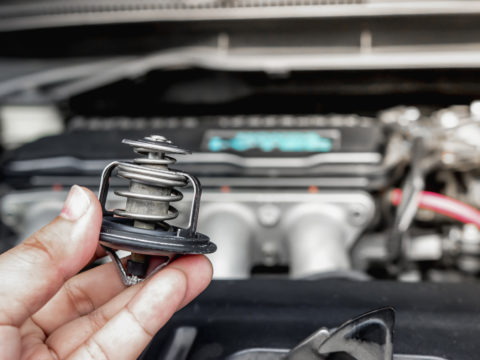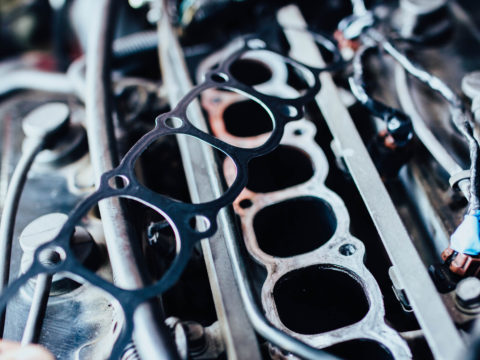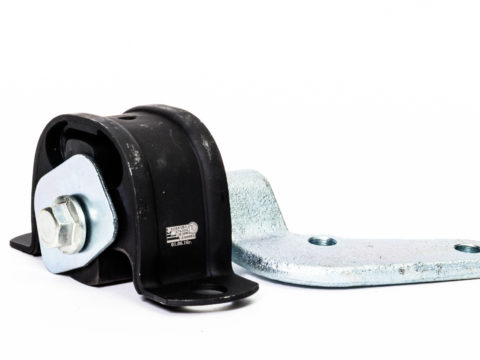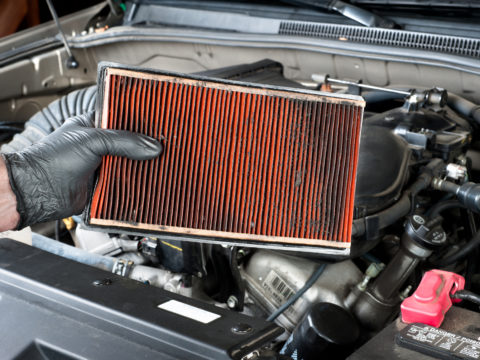As a car owner, the health of your car engine is always at the top of your priorities. And rightfully so! A car engine is a complex system of many different parts, all working together to keep your car running.
However, over time and with use, car engines can develop problems. One such problem is engine blow-by.
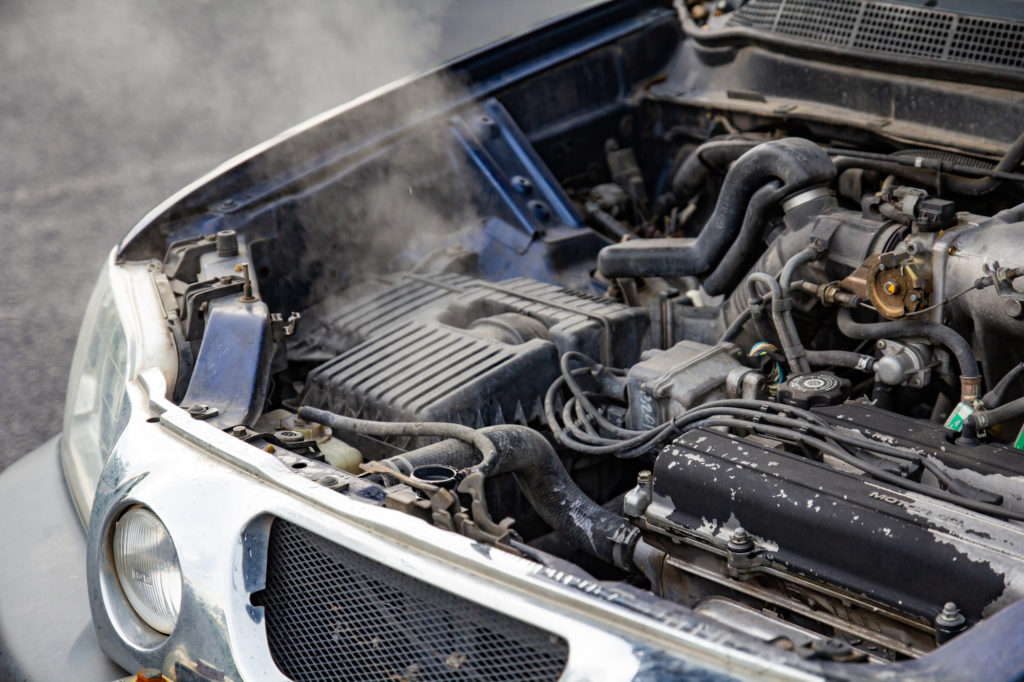
Contents
What Is Engine Blow-by?
Engine blow-by is a condition that occurs when some of the gasses produced during the combustion process escape past the piston’s rings and into the crankcase.
These gasses contain various harmful chemicals, including unburned fuel, water vapor, and acids. Over time, these chemicals can break down the lubricating oil in the crankcase, leading to increased wear on engine parts.
Blow-by also reduces the engine’s efficiency, as some energy is lost.
How Much Blow-by Is Normal?
Regardless of age and other constant factors, all engines have a degree of blow-by. This is because no engine is 100% perfectly sealed.
However, the amount of blow-by that is considered “normal” will vary depending on the make and model of the vehicle, as well as the owner’s driving habits.
As a general rule of thumb, though, most engines will have between 5% and 10% blow-by. This translates to 1.5 to 2 cubic feet of air being sucked into the crankcase every minute under optimum operating temperatures.
This figure increases to 3 cubic feet under colder temperatures and during periods of excessive idling. Any blow-by figure higher than 10% is considered excessive and indicative of a problem.
Engine Blow-by Symptoms
A defective engine and especially one with excessive blow-by, will typically exhibit one or more of the following symptoms:
1. Oil Consumption
If your oil level drops significantly between oil changes, this is a telltale sign of engine blow-by. But, of course, even for a normal engine, there will be some slight engine oil drop as service mileage approaches.
However, if you need to top off your oil more frequently than normal, this is a cause for concern.
Mostly you will notice blue smoke coming from the exhaust pipe. This is because the oil drawn into the combustion chamber is burned along with the fuel.
2. Loss of Power
Another symptom of engine blow-by is that you will notice your vehicle is underperforming. This is because, during internal combustion, the air fuel mixture combusts in explosion form, pushing the pistons down.
However, when these gasses escape into the crankcase, they are not available to push the pistons down. This results in a loss of power and can make your vehicle feel sluggish when accelerating.
3. Excessive Oil Leakages
If you notice oil leaks around the seals and gaskets of your engine, this is another symptom of blow-by.
These leaks are usually the result of the increased pressure in the crankcase, which puts strain on the seals.
Under normal operations, the seals can contain the pressure within the crankcase.
In the case of blow-by, the pressure increases, and since the seals are rated for certain pressure levels, they give in, allowing for leakages.
4. Knocking Sounds
If you notice your engine making knocking or pinging sounds, this is also a symptom of blow-by.
The gasses that escape into the crankcase can build up and cause the engine to run lean. When this happens, the fuel does not burn as efficiently and can cause knocking or pinging sounds.

What Causes Engine Blow-by?
As with any problem in a vehicle, there are several causes of engine blow-by.
1. Worn Out Rings
The piston rings in an engine are responsible for sealing the gap between the piston and the cylinder wall.
Over time, these rings can become worn out and no longer seal the gap as effectively.
When this happens, the gasses produced during combustion can escape into the crankcase.
2. Bad Valve Seals
Valve seals are responsible for sealing the gap between the valves and the cylinder head.
Over time, these seals can become worn out and no longer seal the gap effectively.
When this happens, the gasses produced during combustion can escape into the crankcase.
3. Carbon Build Up
As an engine burns fuel, it produces carbon deposits.
Over time, these deposits can build up and cause the piston rings and valve seals to seize up and function less effectively.
When this happens, the gasses produced during combustion can escape into the crankcase.
4. Eroded Cylinder Walls
The cylinder walls in an engine are subject to a lot of wear and tear.
As the engine burns fuel, the piston moves up and down inside the cylinder. Over time, this can cause the cylinder walls to wear away and become eroded.
5. Ineffective Crankcase Ventilation
The crankcase in an engine is vented to allow the build-up of pressure to be released.
However, if the ventilation system is not working properly, the pressure can build up and cause the engine to blow by.
Blow-by Engine Treatment and Remedies
Now that we know what engine blow-by is and what causes it, let’s look at some treatments and remedies.
1. Change Piston Rings
One of the best ways to treat engine blow-by is to change the piston rings.
This involves taking the engine apart and replacing the piston rings.
This is a fairly difficult job and should only be attempted by someone with experience.
2. Change Valve Seals
Another way to treat engine blow-by is to change the valve seals.
This involves taking the cylinder head off and replacing the valve seals.
This isn’t as difficult as replacing the rings, but it can be challenging and requires skilled labor.
3. Change the Crankcase Ventilation Valve
If the Positive Crankcase Ventilation Valve (PCV) is clogged up, the best way is to change it.
The PCV is responsible for venting the crankcase; if it’s not working properly, it can cause engine blow-by.
4. New Engine Block
In the case of damaged cylinder walls, you might need to get a new engine block, or if you are lucky, engine sleeves will come in handy.
In some cases, reboring works but might be costly or ineffective depending on the severity of the damage.
How Long Will an Engine Last With Blow-by?
There isn’t a definite answer to this since there are many factors at play here, including:
- Driving habits
- Mileage
- Vehicle age
- Operating temperature
- Fuel type
However, the sooner you undertake the repairs, the better to prevent further engine damage.
Is Blow-by Bad for Your Engine?
Yes, engine blow-by is bad for your engine and can cause extensive damage if left untreated.
Blow-by puts extra stress on the engine components, leading to wear and tear.
It also causes the engine to run less efficiently and can result in a loss of power. This translates to higher fuel consumption.

